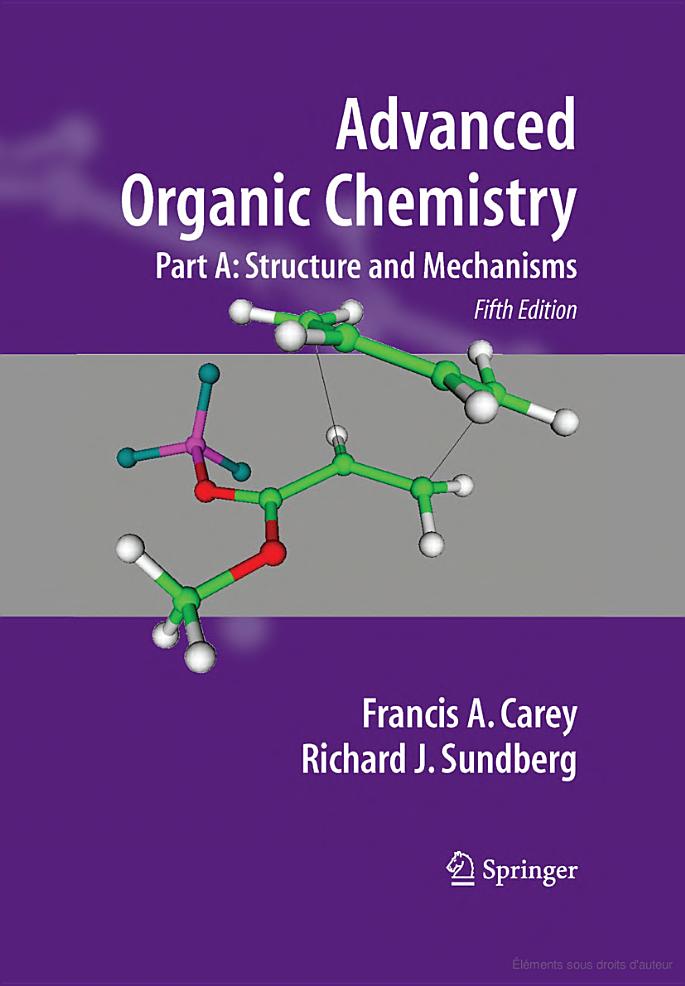

Quantum chemistry, a subfield of physical chemistry especially concerned with the application of quantum mechanics to chemical problems, provides tools to determine how strong and what shape bonds are, how nuclei move, and how light can be absorbed or emitted by a chemical compound. To describe the atoms and bonds precisely, it is necessary to know both where the nuclei of the atoms are, and how electrons are distributed around them. Predicting the properties of chemical compounds from a description of atoms and how they bond is one of the major goals of physical chemistry. One of the key concepts in classical chemistry is that all chemical compounds can be described as groups of atoms bonded together and chemical reactions can be described as the making and breaking of those bonds. The key concepts of physical chemistry are the ways in which pure physics is applied to chemical problems. Behaviour of microscopic systems using quantum mechanics and macroscopic systems using statistical thermodynamics.Number of phases, number of components and degree of freedom (or variance) can be correlated with one another with help of phase rule.Study of colligative properties of number of species present in solution.Transfer of heat between a chemical system and its surroundings during change of phase or chemical reaction taking place called thermochemistry.Interaction of one body with another in terms of quantities of heat and work called thermodynamics.Surface science and electrochemistry of cell membranes.The identity of ions and the electrical conductivity of materials.Reaction kinetics on the rate of a reaction.Intermolecular forces that act upon the physical properties of materials ( plasticity, tensile strength, surface tension in liquids).Some of the relationships that physical chemistry strives to resolve include the effects of: Physical chemistry, in contrast to chemical physics, is predominantly (but not always) a macroscopic or supra-molecular science, as the majority of the principles on which it was founded relate to the bulk rather than the molecular/atomic structure alone (for example, chemical equilibrium and colloids). Physical chemistry is the study of macroscopic and particulate phenomena in chemical systems in terms of the principles, practices, and concepts of physics such as motion, energy, force, time, thermodynamics, quantum chemistry, statistical mechanics, analytical dynamics and chemical equilibria.


 0 kommentar(er)
0 kommentar(er)
